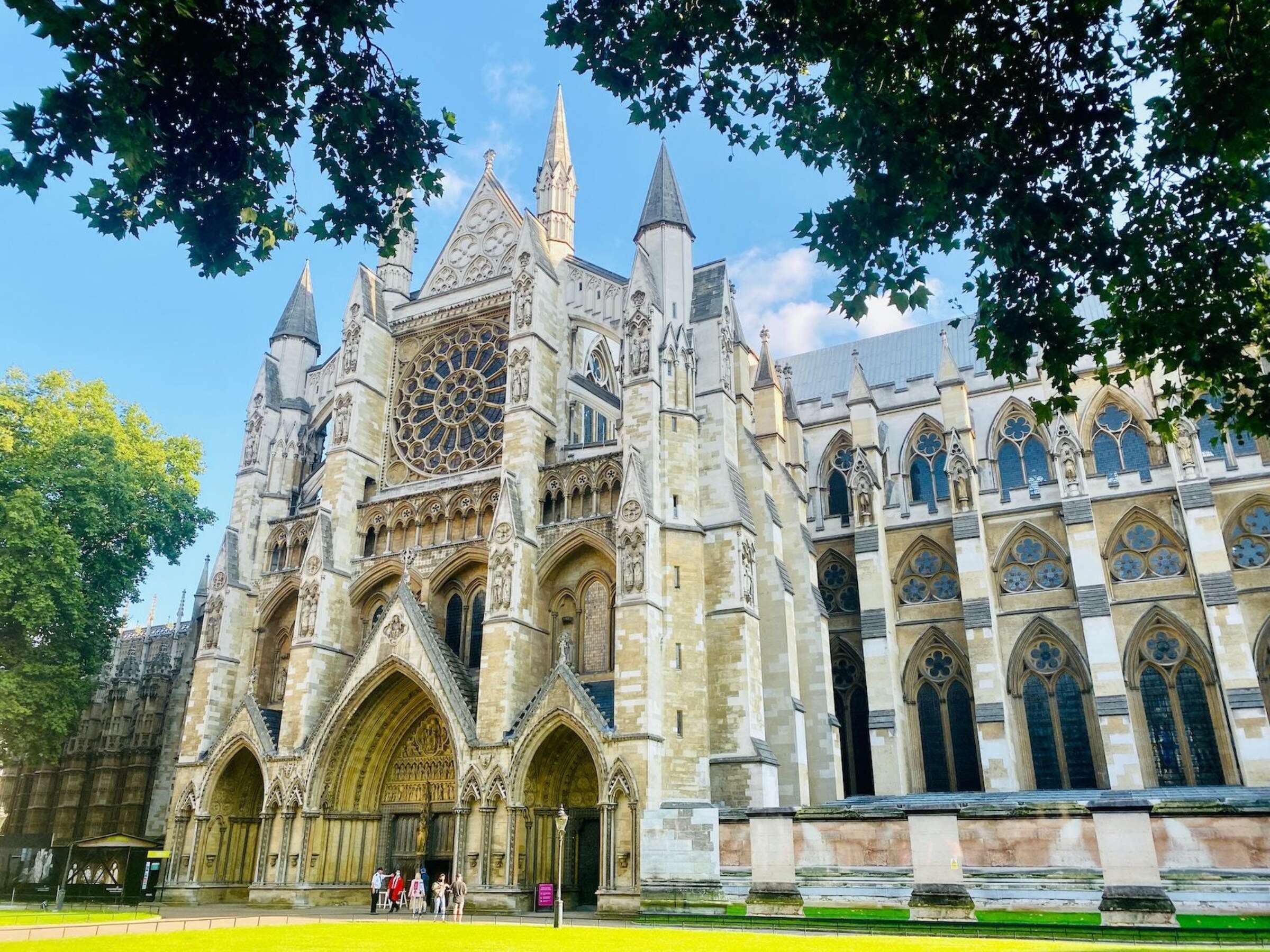The Coronation of King Charles III and its Christian significance
On the 8th September 2022 many people across the UK, and around the world, were greatly saddened at the news of the death of Queen Elizabeth II. Even people who might not think of themselves as monarchists felt a sense of loss. After all, anybody under the age of 70 had never lived under another monarch. The late Queen had been such a consistent feature of our national life. Would anyone be able to replace her?
The answer, of course, was yes, in that Charles, Prince of Wales, immediately became King Charles III on the death of his mother. Having been heir to the throne for 70 years he had certainly had time enough to prepare! On May 6th 2023, in a ceremony rooted deeply in British history, he was crowned King at Westminster Abbey. But isn’t it rather confusing that the coronation happens eight months into the King’s reign? What is that all about, and what do Christians make of it?
To some extent, this depends on who you ask. The British monarch is also the Supreme Governor of the Church of England, the head of that church, under God but above the Archbishop of Canterbury who will lead the coronation service. The coronation takes place months after the new monarch has acceded to the throne simply because it takes time to organise such a grand ceremony and invite important people from all around the world to attend. So for the Church of England the coronation of a new King is a very big deal.
In other churches – Methodist, Baptist and so on – there may be a greater range of views. Historically some of those denominations, called ‘nonconformist’, very deliberately broke away from the Church of England, with its close relationship with the British establishment. The monarchy is of course very much part of that establishment. So some nonconformist Christians may not set much store by the monarchy, while there will be many others who care deeply.
Continued below...

In the Bible, kings and rulers generally don’t have very positive reviews. In the Old Testament, the people of God are led by judges and priests, until they start crying out for a king so as to be like other nations. Previously God has been seen as the people’s king, and so this desire for a human ruler is not well received. In the end, God approves their request and Saul is chosen as the first King of Israel. Saul starts well but ends badly and is replaced by King David. David reigns for a long time and is held up as the archetypal good king – a man after God’s own heart – despite his many failing and foibles, including adultery, murder, self-indulgence and vanity.
After David comes his son Solomon, described as the wisest man who ever lived, but Solomon also goes off the rails, and by the time his son Rehoboam takes over, the nation is not in good shape, eventually dividing into two - Israel and Judah. After that, most of the kings who are written about in the Old Testament are portrayed negatively.
In the New Testament, Jesus is also described as a king, the true king of Israel and indeed of the whole world. Even Pontius Pilate, who signs Jesus’ death warrant, writes on it “the King of the Jews”. But his model of kingship is very different to that of those Old Testament rulers, and indeed many rulers today. His kingship is not about power or prestige, wealth or status. Most people who came across him in the 1st Century would not have thought he was a king of any kind, and when he was sentenced to death and crucified then faith in Jesus as God’s chosen king would have been very difficult to sustain. But the consistent witness of those who were there and wrote about these things is that Jesus rose from death after three days, and that one day he will return to this world. At that point heaven and earth will be renewed and reconciled, and Jesus will reign, the King of justice and of peace.
Much of this lies behind the symbolism of the coronation of King Charles III. For example, the ring he was given is marked with a cross, a reminder of the ultimate King in whose footsteps he follows. The rod he received is topped with a dove, the symbol of the Holy Spirit, whose wisdom he will need to rule well. The orb, a representation of the earth, is crowned with a cross as a reminder that Jesus is the ultimate king of the world. And the oil with which he was anointed is another symbol of the Holy Spirit, a prayer that God will anoint and equip the King to serve this nation.
So while Christians will differ in how they think about the system of monarchy and how they feel about the coronation of our new King, all will agree that Jesus is in the end the world’s one King, and will want to pray that King Charles will be led by the Holy Spirit to follow in Jesus’ footsteps.

Queen Elizabeth's faith

Different denominations, same God

